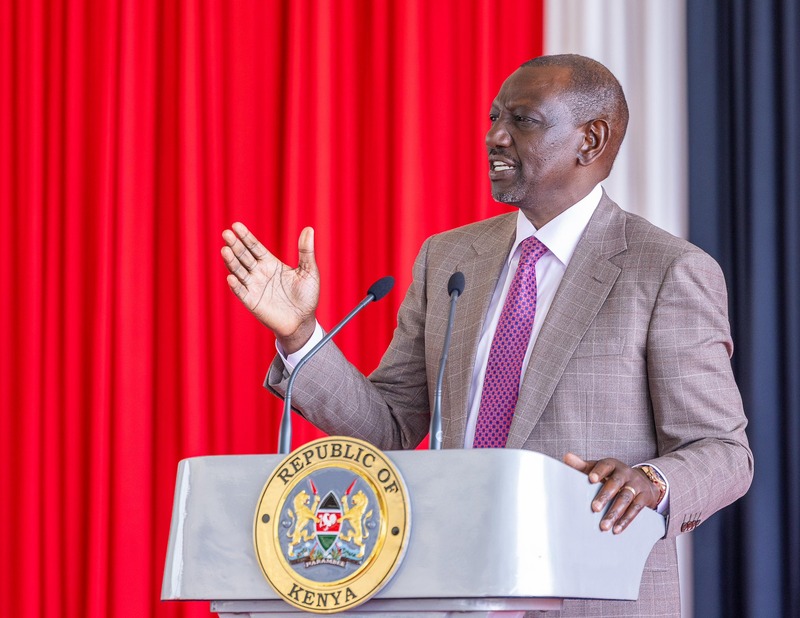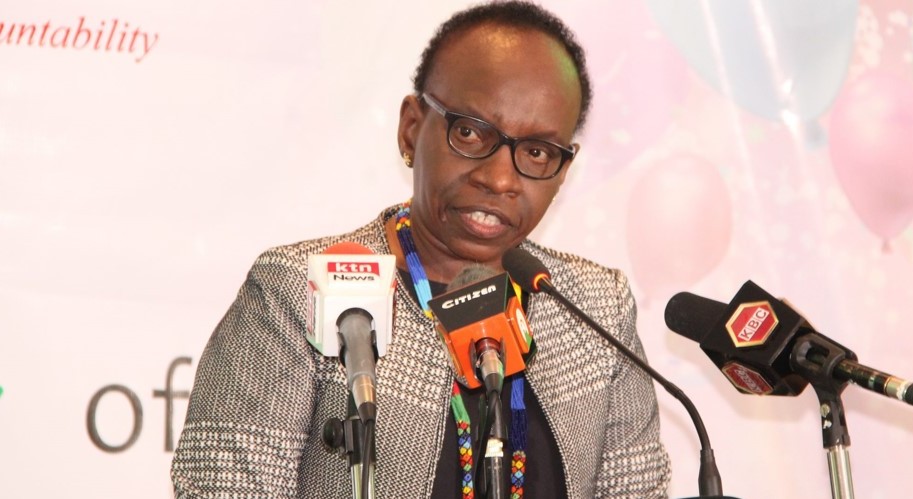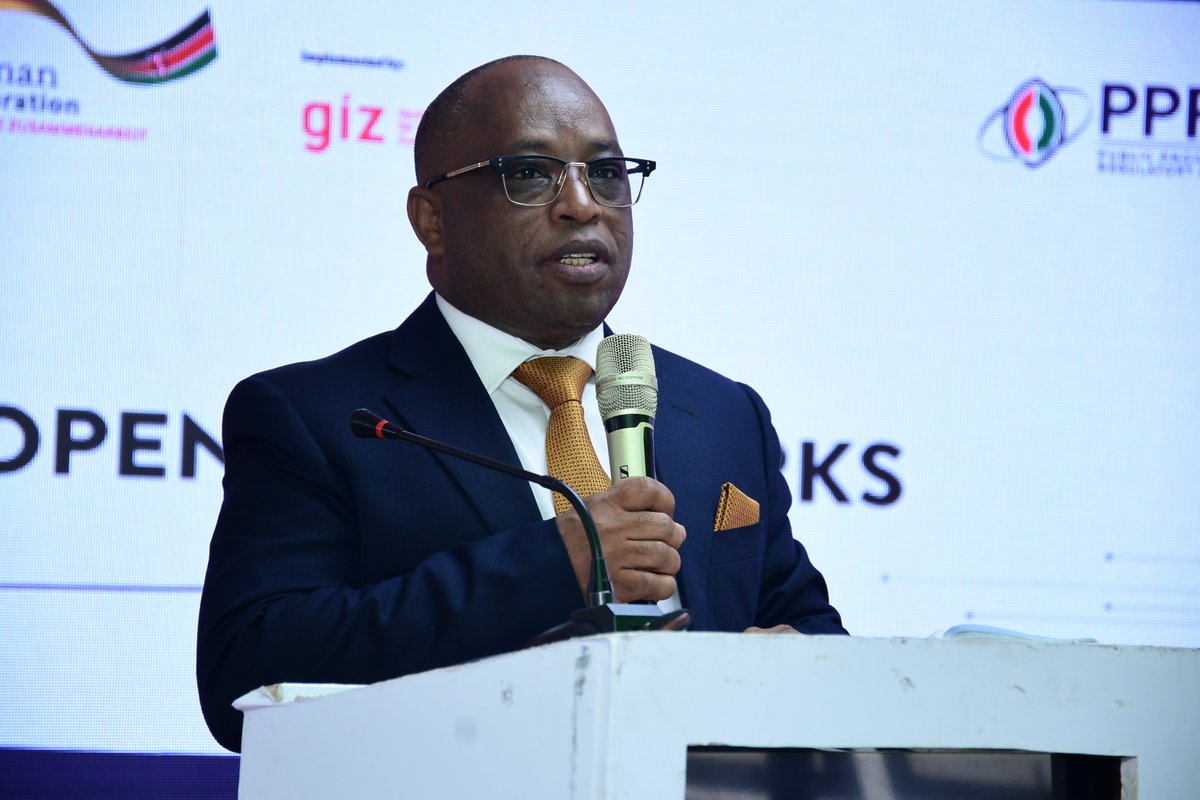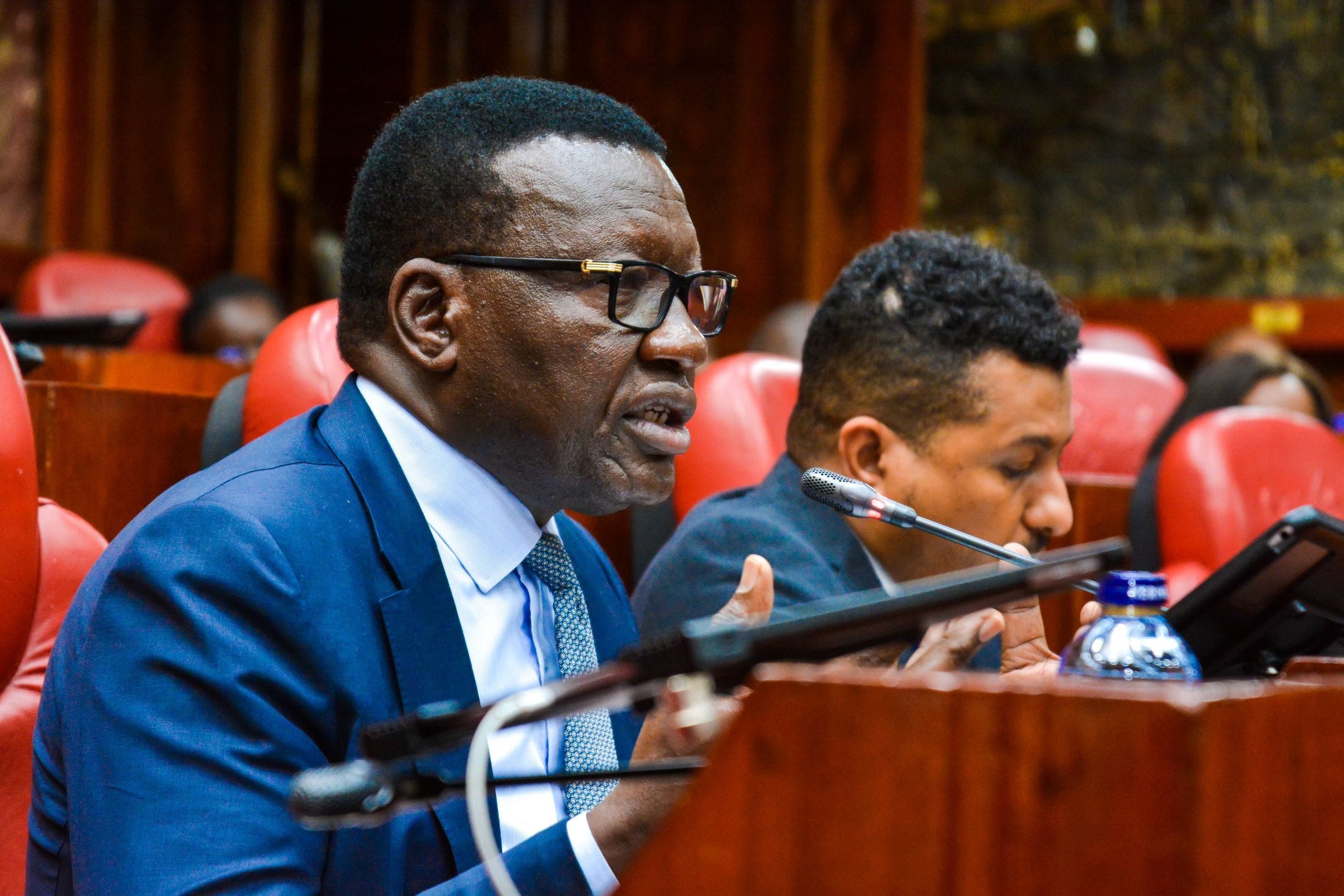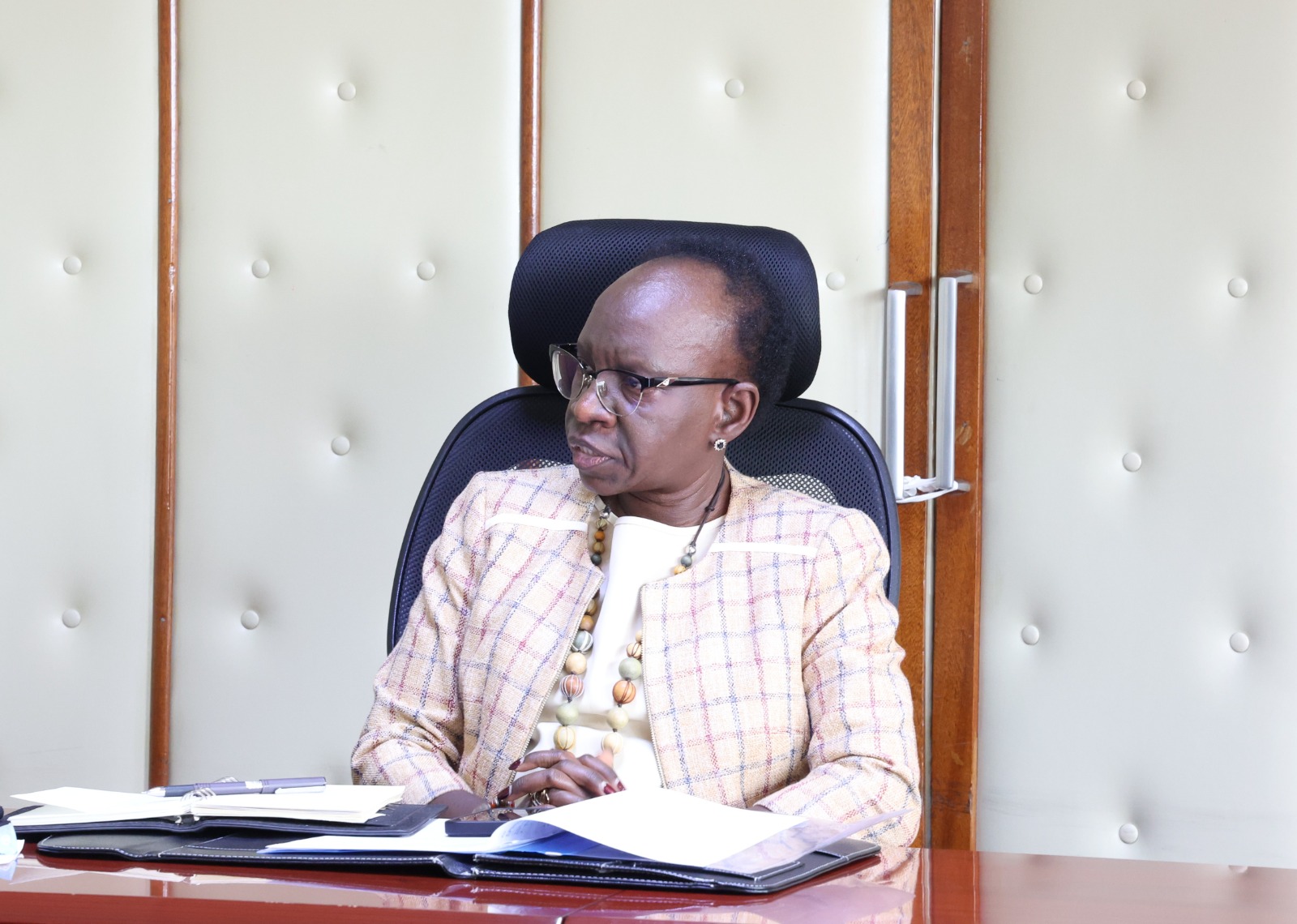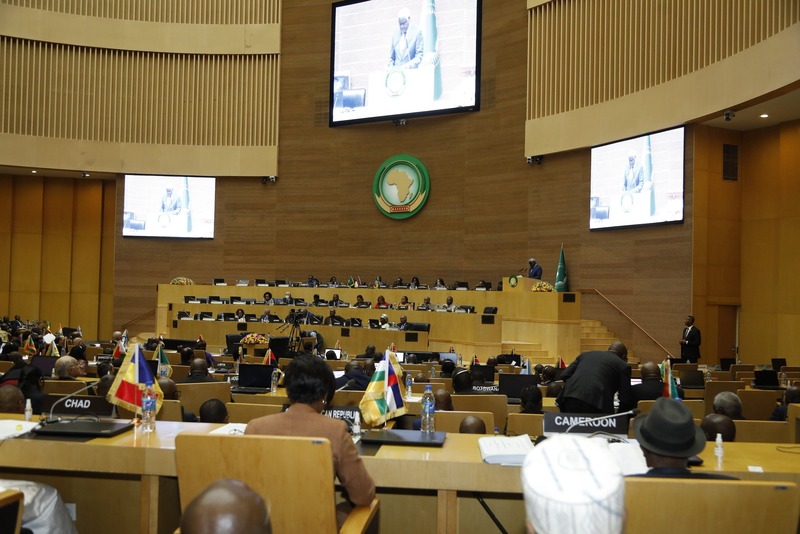Audit reveals Sh4.1 billion in NG-CDF bursary funds unaccounted for
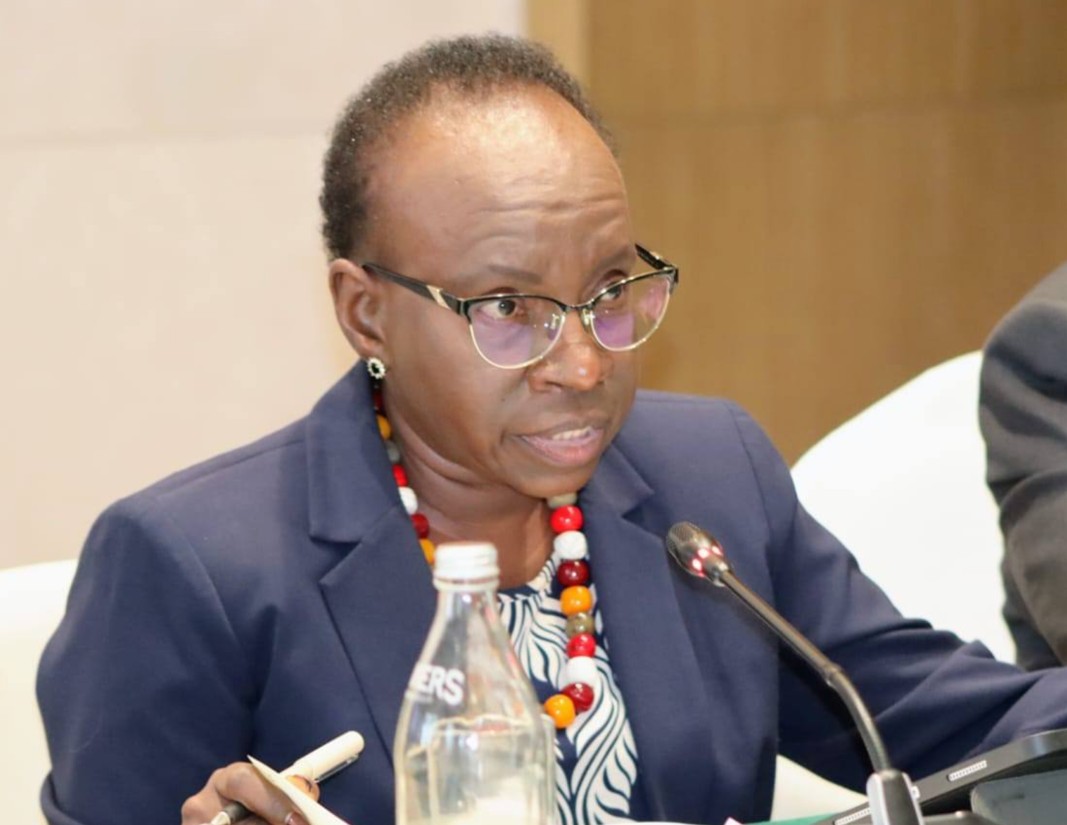
The audit revealed that 86 constituencies failed to present records for Sh2.12 billion, including receipts from schools, acknowledgement forms from students, and admission numbers.
At least Sh4.1 billion meant for student bursaries through the National Government Constituency Development Fund (NG-CDF) cannot be traced, raising serious questions over how MPs have managed the fund.
Auditor-General Nancy Gathungu’s report for the year ending June 2024 shows that while 125 constituencies reported helping thousands of students, most could not provide the necessary documentation to support their claims.
More To Read
- Public universities' debt hits Sh76.1 billion, raising sustainability concerns - Auditor General
- Raila pushes for expanded devolution, says counties should run schools and local infrastructure
- Millions at risk as Agricultural Finance Corporation fails to recover loans, manage payroll
- Auditor General uncovers Sh3.4 billion manual salary payments in counties
- Auditor General flags massive procurement violations across 32 counties
- Auditor General uncovers missing land titles, asset records in 20 counties
The audit revealed that 86 constituencies failed to present records for Sh2.12 billion, including receipts from schools, acknowledgement forms from students, and admission numbers.
“Eighty-six NG-CDF (offices) failed to provide supporting documents for bursary disbursements, including acknowledgements, receipts from beneficiary institutions, and details of students’ admission numbers, amounting to Sh2,122,652,960,” Gathungu said.
An additional 39 constituencies could not account for Sh1.97 billion. They lacked documents showing how bursary applications were vetted, such as committee minutes, policy guidelines, or assessment reports.
“Bursary disbursements amounting to Sh1,971,099,695 in respect to 39 NGCDFs were not supported with documentation on vetting of applications, including bursary vetting committee minutes/reports and policy and/or guidelines on bursary awards, leading to potential bias and exclusion of deserving students,” the Auditor-General noted.
The NG-CDF, introduced in 2003 by President Mwai Kibaki, has long been used by MPs to fund classroom construction, police stations, and bursary awards.
MPs have defended the fund as vital support for needy students, but the audit’s findings highlight lapses in accountability just as the fund is set to close.
A High Court ruling last year declared the NG-CDF unconstitutional and ordered it to stop operating by June 30, 2026.
“The NG-CDF and all its programmes, projects and activities shall cease to operate at the stroke of midnight on June 30, 2026,” the court ruled in September last year.
Despite this, MPs are already seeking to retain control over constituency funds. In March, Otiende Amollo (Rarieda) and Samuel Chepkong’a (Ainabkoi) tabled a bill to amend the Constitution and create the National Government Constituencies Fund (NGCF).
The proposal also seeks to entrench the Senate Oversight Fund (SOF) and the National Government Affirmative Action Fund (Ngaaf) in the Constitution. “The principal object of this bill is to amend the constitution to entrench NGAAF, SOF and NGCF in the constitution,” the Bill reads.
The Auditor-General’s report shows that all 290 constituencies spent Sh17.45 billion on bursaries during the year, including Sh11.35 billion for secondary schools, Sh5.78 billion for tertiary institutions, Sh207.6 million for special schools, and Sh110.5 million for primary schools.
Top Stories Today
